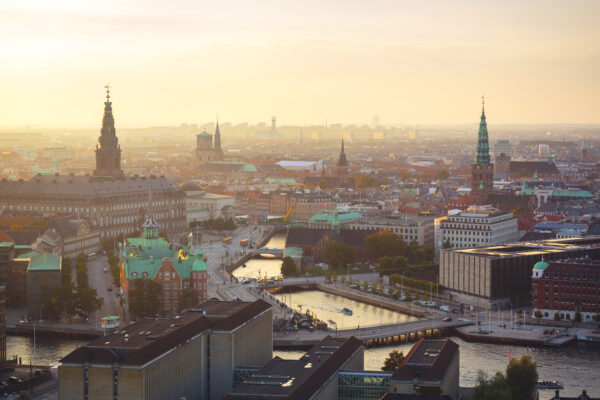
As European countries struggle to cope with a record-high influx of asylum seekers this year, there is a thing or two they could learn from Denmark, writes James Kirchick in Foreign Policy magazine.
The country was the first in Western Europe to curtail immigrant marriages and last year cut social benefits for refugees nearly in half.
Such policies may be ungenerous; they have helped reduce the flow of people coming in and raise native acceptance of those immigrants who are admitted.
Channeling anti-immigrant sentiment
Whereas mainstream politicians in Germany and Sweden still largely refuse to recognize there is anything of merit in anti-immigrant sentiment, and thus give worried voters little choice but to turn to the far right, pragmatic leaders in Denmark recognized decades ago that there is room for a sensible nationalism in their political discourse.
The Danish People’s Party is often lumped together with right-wing populists elsewhere, but it isn’t nearly as extreme as most and has moderated its positions in recent years.
The party usually polls around 13 percent support, going up to 21 percent in the 2015 election.
A year earlier, after the European Parliament elections, the nationalists spurned cooperation with the Dutch Freedom Party and the French National Front in favor of an alliance with Britain’s Conservatives — hardly paragons of the far right.
“Anti-migration sentiments are thus channeled in a healthy way,” argues Kirchick; through the parliamentary process, “not onto the streets.”
German and Swedish parties should take note. Demonizing the Alternative for Germany and Sweden Democrats only keeps them, and their voters, on the outside. Better to engage and work with them in parliament and involve them in the political process.
Clear-eyed
This also means recognizing there are real problems. You can reject the rhetoric or the solutions of the far right without dismissing their grievances as racist or imagined.
In this sense, too, the Danes have done better. By drawing the People’s Party into informal government arrangements, the mainstream center-right implicitly acknowledged it had a point about the failures of multiculturalism.
Unemployment rates are higher among Denmark’s predominantly Muslim immigrant community, as is dependence on welfare. Even the children of immigrants are sometimes slow to learn Danish and end up on the margins of society — where they can be susceptible to radicalization.
Denmark knows what that can do. Its Jyllands-Posten newspaper caused a stir around the world when it printed cartoons of the Prophet Muhammad in 2005. One of the artists continues to receive death threats.
Last year, a Dane who attended a meeting in Copenhagen with Swedish cartoonist Lars Vilks, also known for drawing an unflattering portrait of the prophet, was killed by a Muslim fanatic. Three police officers were injured before the perpetrator could be shot.
In light of that, it’s little wonder the Danes have abandoned cultural relativism in favor of uncompromising immigration and integration policies.
